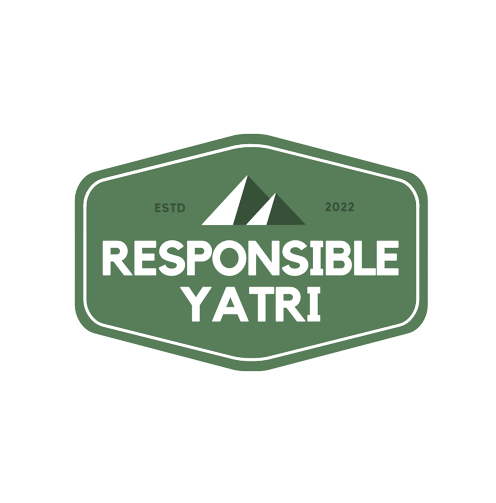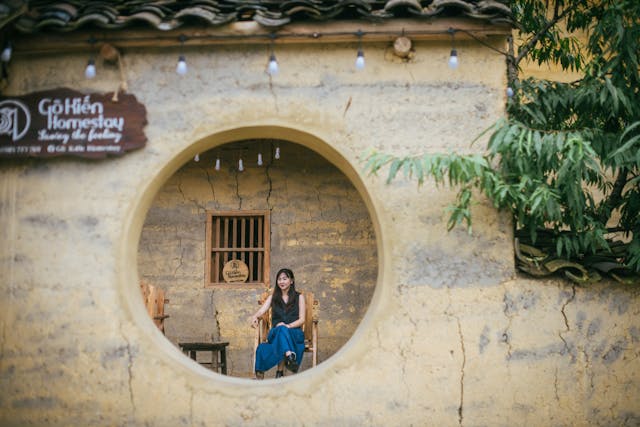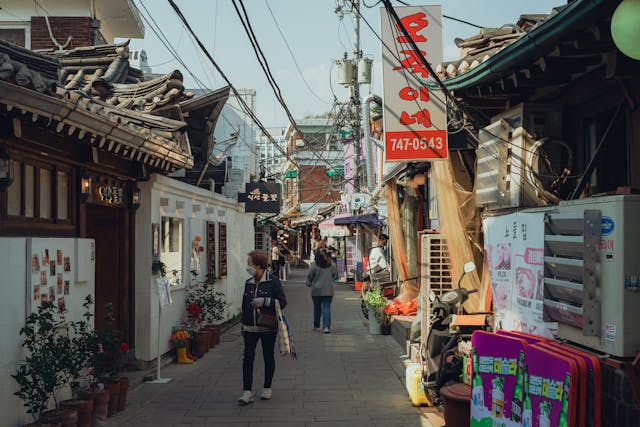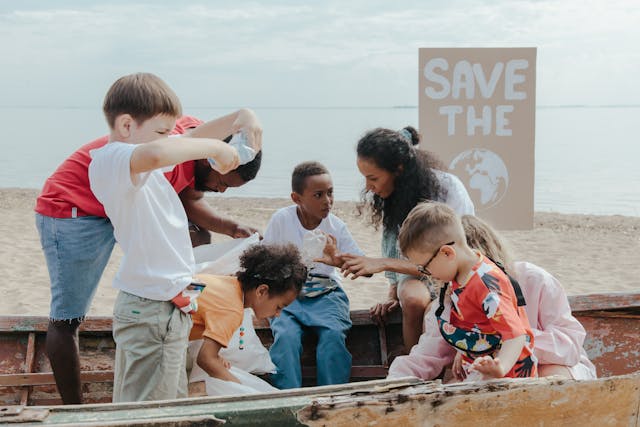Traveling is a powerful way to connect with different cultures, discover new landscapes, and grow personally. But it can also be a way to make a meaningful difference. Volunteer travel, or “voluntourism,” offers the opportunity to give back to the communities you visit while gaining a deeper understanding of the world. Here’s how to plan a volunteer travel experience that’s ethical, impactful, and rewarding for both you and the community.
1. Choose the Right Volunteer Project
The first step in planning a meaningful volunteer experience is choosing the right project.
- Identify Your Skills and Interests: Are you passionate about teaching, environmental conservation, healthcare, or construction work? Selecting a project that aligns with your skills ensures you can make a real impact.
- Research Organizations: Not all volunteer programs are created equal. Look for reputable organizations that are transparent about how your time and contributions will benefit the local community. Avoid programs that engage in harmful practices, such as orphanage tourism, which can exploit vulnerable children.
2. Understand the Community’s Needs
It’s essential to prioritize the needs of the community over your desire to help.
- Listen and Learn: Before jumping into a volunteer role, take the time to understand the culture, challenges, and goals of the community. This ensures that your work is relevant and respectful.
- Collaborate, Don’t Impose: Work alongside community members rather than taking over. The most successful projects are those where volunteers and locals collaborate, with the community driving the change.
3. Plan Your Volunteer Experience
Once you’ve chosen a project, plan your trip to maximize your impact.
- Set Realistic Expectations: Meaningful change takes time, and it’s important to have realistic expectations about what you can achieve during a short-term visit. Understand that your role is to support ongoing initiatives, not to “save” the community.
- Stay for a Sufficient Duration: If possible, commit to staying longer to make a greater impact. Short volunteer stints can sometimes do more harm than good, as they don’t provide enough time to build trust and achieve meaningful results.
4. Make Sustainable Contributions
Ensure that your efforts are sustainable and beneficial in the long term.
- Provide Skills, Not Dependence: Focus on projects that empower communities by teaching skills or creating sustainable systems. For instance, teaching English or digital skills can provide lifelong benefits, while building a well or eco-friendly home can improve living conditions for years.
- Support Local Economies: Buy goods and services from local vendors, hire local guides, and choose accommodations run by locals. This way, your economic contributions directly benefit the community.
5. Be Financially Responsible
Supporting volunteer projects often comes with a financial commitment, but ensure your money is used effectively.
- Understand Where Your Fees Go: Many volunteer programs charge a fee to cover accommodation, food, and administrative costs. Ensure the organization provides a breakdown of how these fees are used and that a portion benefits the local community.
- Donate Wisely: Instead of bringing material goods that may not be needed, consider making a monetary donation to support ongoing initiatives. Check with your host organization about what the community needs most.
6. Embrace Cultural Exchange
Volunteer travel is as much about cultural exchange as it is about service.
- Learn the Local Language: Even learning a few basic phrases can make a huge difference in connecting with the community and showing respect for their culture.
- Participate in Cultural Activities: Immerse yourself in local traditions, food, and celebrations. This not only enhances your travel experience but also fosters mutual understanding and appreciation.
- Be Open and Respectful: Approach cultural differences with an open mind, and be willing to adapt your behavior to local customs. Simple acts like dressing modestly, respecting elders, or participating in community rituals can go a long way.
7. Capture Your Experience Ethically
Photography is a wonderful way to document your journey, but it’s essential to do so respectfully.
- Ask for Permission: Always ask before photographing people, especially children, and be mindful of taking pictures in sacred or sensitive locations. Be aware of the impact your images could have when shared on social media.
- Focus on Dignity: Avoid images that portray poverty or misfortune in a way that could be seen as exploitative. Instead, highlight the beauty, resilience, and vibrancy of the community you are visiting.
8. Reflect on Your Impact
Take time to reflect on your volunteer experience and its impact.
- Journal Your Experience: Write about your experiences, the people you met, and what you learned. Reflect on how this experience has changed your perspective and how you can continue to support the community from afar.
- Spread Awareness: Share your experience with friends and family to raise awareness about the community’s needs and the work of the organization you supported. Encourage others to engage in responsible travel and volunteering.
9. Continue Supporting the Community
Your impact doesn’t have to end when you leave.
- Stay in Touch: Maintain relationships with the people you met and the organization you worked with. Staying connected allows you to provide continued support and learn about the community’s progress.
- Advocate for the Cause: Use your voice to advocate for the issues that matter to the community you volunteered with. This could involve fundraising, spreading awareness, or joining advocacy efforts.
Volunteer travel is a rewarding way to give back while exploring the world. By planning thoughtfully, respecting the community, and making sustainable contributions, you can leave a lasting positive impact. Remember, volunteering is a two-way street: you give your time and skills, but you also gain invaluable life lessons and unforgettable experiences.





